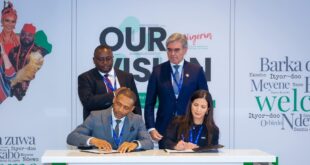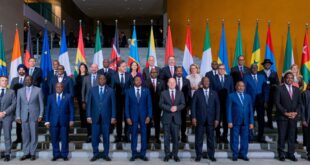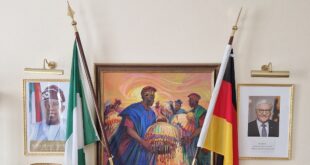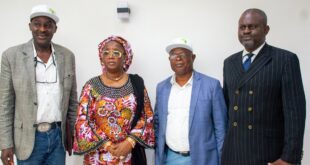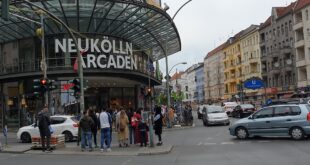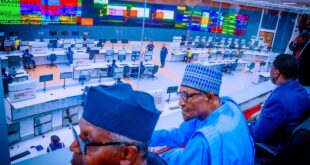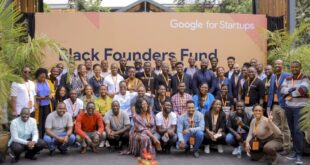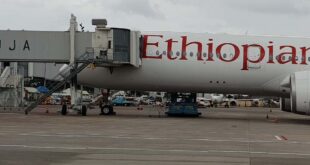Presidents and heads of government of eleven African countries are to participate at the G-20 Compact with Africa (CwA) conference, hosted by German Chancellor Angela Merkel in Berlin.
The event, Investment Summit-German Business and the CwA Countries, taking place on 30-31 October brings together “reform-minded” African countries, international organizations and bilateral partners from the G20 to advertise investment opportunities in Africa to private investors.
The CwA is an initiative of the world’s most powerful economies to promote increased private sector investment in Africa. The CwA came into being during the German presidency of the G20 in 2017 and it is being coordinated by the German Ministry of Finance.
African leaders expected to attend the event are Presidents Paul Kagame of Rwanda, Cyril Ramaphosa of South Africa, Faure Gnassingbé of Togo, Alassane Ouattara of Côte d’Ivoire, Alpha Condé of Guinea and Macky Sall of Senegal. Others are Abdel Fattah el-Sisi of Egypt, Beji Caid Essebsi of Tunisia, Patrice Talon of Benin, Nana Akufo-Addo of Ghana and Prime Minister Abiy Ahmed Ali of Ethiopia.
READ ALSO German Finance Minister on why the G20 Africa Partnership initiative is crucial
The CwA is a partnership of the G20, World Bank Group, International Monetary Fund and African Development Bank to stimulate private investment in Africa. The basic premise of the Compact is that macroeconomic stability, an investor-friendly business environment, and effective financial sector intermediation are necessary conditions to spur private investment. G20 member countries commit to encourage their companies to invest in Compact countries.
Compact countries are Benin, Côte d’Ivoire, Egypt, Ethiopia, Ghana, Guinea, Morocco, Rwanda, Senegal, Togo and Tunisia.
Felix Dappah
 THE AFRICAN COURIER. Reporting Africa and its Diaspora! The African Courier is an international magazine published in Germany to report on Africa and the Diaspora African experience. The first issue of the bimonthly magazine appeared on the newsstands on 15 February 1998. The African Courier is a communication forum for European-African political, economic and cultural exchanges, and a voice for Africa in Europe.
THE AFRICAN COURIER. Reporting Africa and its Diaspora! The African Courier is an international magazine published in Germany to report on Africa and the Diaspora African experience. The first issue of the bimonthly magazine appeared on the newsstands on 15 February 1998. The African Courier is a communication forum for European-African political, economic and cultural exchanges, and a voice for Africa in Europe.







